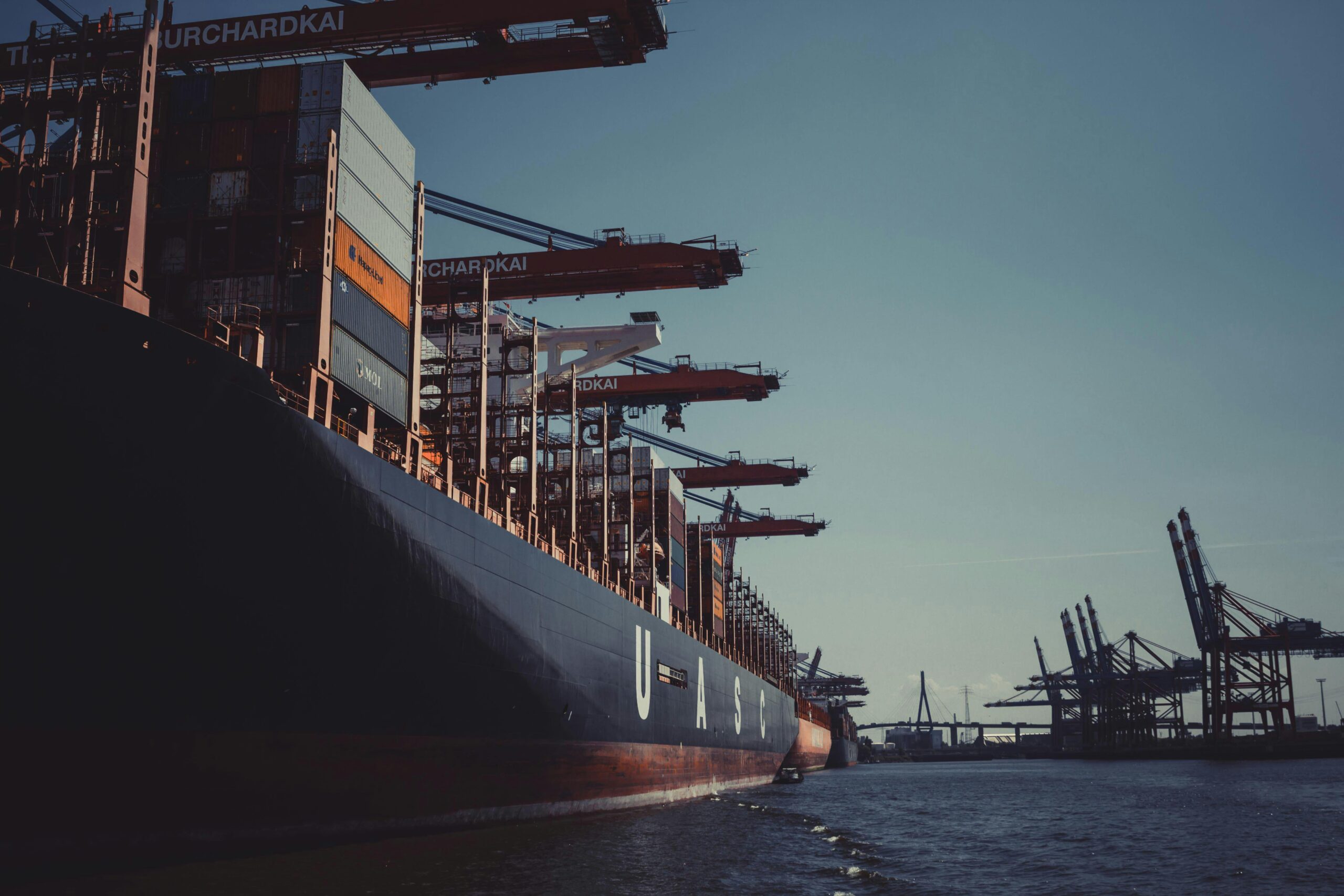In the first quarter of 2020, several major Chinese and Indian importers of liquefied natural gas (LNG) issued force majeure notices to their LNG suppliers in reaction to the COVID-19 outbreak. These notices were reportedly prompted by State measures, including sweeping lockdowns, which resulted in a dramatic decrease in domestic demand and logistical constraints at receiving terminals.
The declaration of force majeure by Asian LNG buyers comes at a challenging moment for LNG markets as new supplies come online and sellers struggle to redirect cargoes amid high stock levels globally. The recent oil price slump adds an additional layer of complexity to the COVID-19 crisis in the oil and gas industry where most projects are still financed on the basis of oil-linked contracts.
As the coronavirus continues to spread, the concept of force majeure is becoming increasingly relevant across the globe and will likely apply to the entire oil and gas value chain. The outcomes of force majeure notices filed by LNG market participants remain to be seen but the proliferation of force majeure disputes is the most likely scenario under current market circumstances.
Force majeure cases are rarely straightforward and even an express reference to a potentially relevant event (like ‘epidemic’, ‘quarantine restrictions’, or ‘acts of government’) in a force majeure clause would not typically guarantee relief. In most cases, the affected party will need to meet several contract-specific requirements to be excused from liability for non-performance of its contractual obligations.
Beyond the impact of the above issues on LNG contracts, this event reviewed the underlying causes of current oil and gas price volatility, the dangers and opportunities, and drivers likely to affect the potential time line to rebalancing. The price pressures have placed unexpected and extreme strains on operations, both in rapidly adjusting costs and in staffing international operations. Contracts, government instruments, joint venture and service are in a state of flux, so that flexibility is needed from all parties to ensure the industry maintains an efficient, if much lower, profile to be ready to respond as and when demand returns. Despite the stress there are buyers with capital to invest and transactions are being completed.
This virtual seminar provided an opportunity to discuss some of the key issues, and the next steps, in the evolving reality of multiple force majeure claims under LNG and other oil and gas contracts.
This event was chaired by Graham Coop, Partner at Volterra Fietta and former General Counsel to the Energy Charter Secretariat.
The experienced panel included:
Agnieszka Ason, Visiting Research Fellow at the Oxford Institute for Energy Studies (OIES) and the Editor of the upcoming OGEL Special Issue on Changing LNG Markets and Contracts. Agnieszka specialises in energy law and international dispute resolution. She has particular expertise, and a decade of experience, in LNG pricing disputes in European and Asian markets. Agnieszka lectures in international commercial and investment arbitration, and energy law and trading, at the London School of Economics, Technische Universität Berlin, Freie Universität Berlin and Queen Mary University of London, and is a Visiting Research Fellow at the OIES where she has recently published papers on force majeure and price reviews and arbitrations under Asian LNG contracts.
Christopher P. Moyes, President at Moyes & Co. Chris has over forty-five years of experience in the energy sector and has developed specific expertise in the evaluation, negotiation, trading, and financing of international oil and gas ventures. In addition, Chris is considered an expert in the interpretation and assessment of petroleum contracts, and in the resolution of contract issues. Since founding Moyes & Co in 1983, Chris has managed both domestic and international E&P venture investments.
For any queries regarding the content of the seminar, please email graham.coop@volterrafietta.com.
